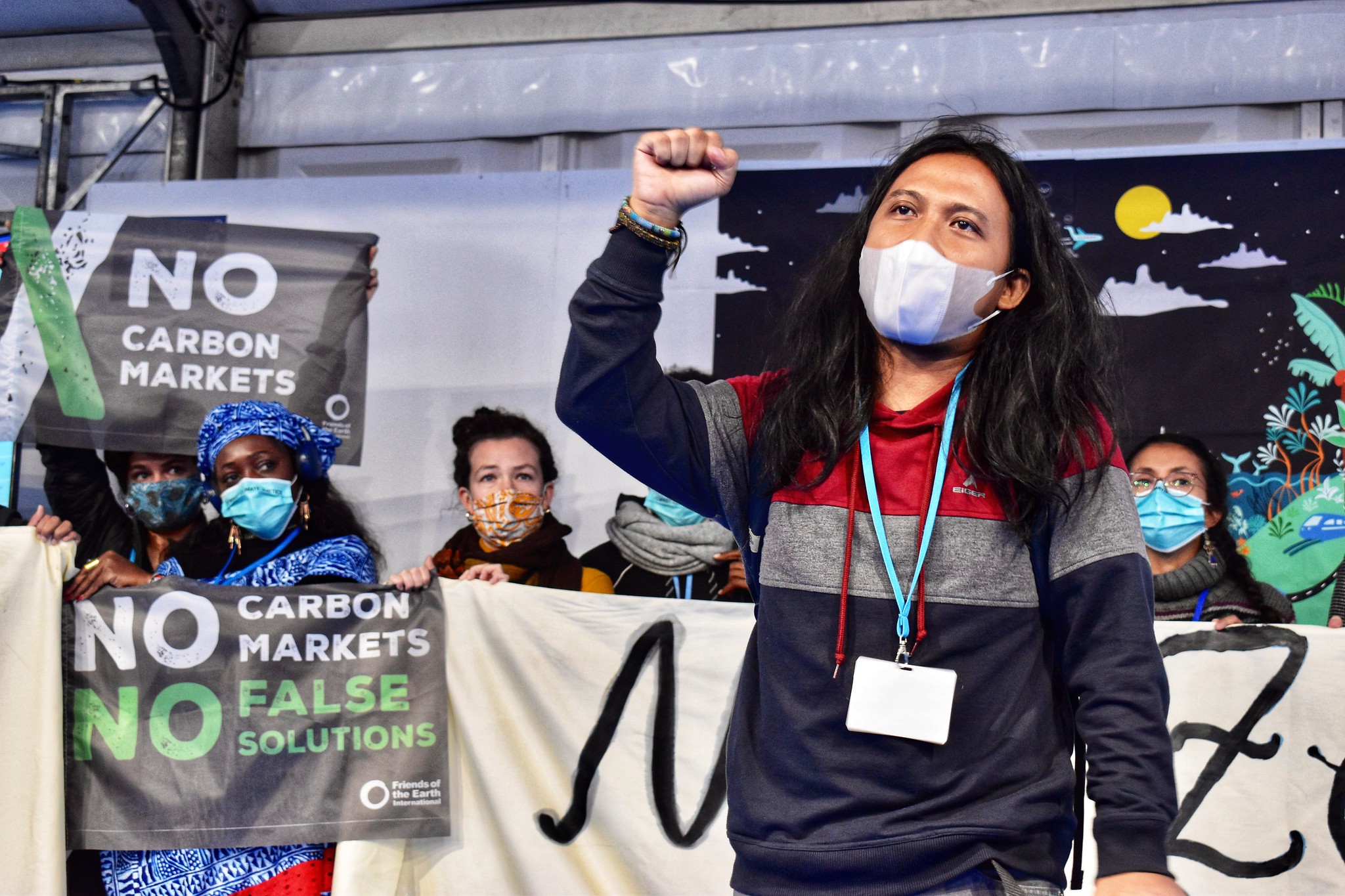
Spill, baby, spill
While here in the UK we await the results of negotiations to secure a “strong and stable government”, the people of Louisiana, USA, are waking every morning to an even greater uncertainty: when will the Deepwater Horizon well stop spilling oil into the Gulf of Mexico?
The Deepwater Horizon platform, operated by BP, was destroyed by an explosion, killing 11 people, and sank, almost four weeks ago. Barely featuring in the national or international news, my friends in Louisiana immediately feared the worst. “This could be our Exxon Valdez,” they warned when I arrived for my visit at the end of April.
Yes, even environmentalists take foreign holidays from time to time.
I first visited New Orleans in 2008, three years after Hurricane Katrina. To a man (and woman), everyone I met thanked me for coming. The city was beginning to re-build, but many properties were abandoned and people were still living in tents under the highway. They truly appreciated visitors contributing to the rebirth of the city.
Two years later, and New Orleans is still showing signs of the damage wrought in 2005, but it is truly alive again; buzzing and vibrant and living up to its reputation as The Big Easy.
Increasing numbers of film crews visit because of tax breaks introduced after Katrina, and the seemingly weekly festivals of music, food, literature, and of course Mardi Gras, attract people from home and abroad. But for the locals, the commercial fishing industry is the heartbeat of the regions economic life, bringing in upwards of $300million to the state. And every resident knows how important the wetlands are, and how fragile the ecosystem is.
No revenue from the offshore or onshore oil exploitation is returned to the state.
Mid-way through my stay in New Orleans, news of the oil spill finally hit the US national news networks. Not because the threat to Louisiana was being realised, which had happened days earlier, but because the wind had changed and now the spill was heading towards Florida.
Meanwhile, Louisiana fishermen have brought a class action suit against BP, suing for loss of income. And the Louisiana wetlands remain threatened. As does the coastline of the Gulf of Mexico where I was lucky enough to spend the afternoon, paddling in the warm ocean and marvelling at the variety of migrating bird species. That those golden sands and visiting birds are also threatened is heart-breaking.
But what does this all mean for Friends of the Earth Scotland or environmental justice?
One of our ongoing campaigns is to highlight the unethical behaviour of oil companies like BP and Shell who behave within the law in democratic, wealthy countries like Scotland, but fail to apply the same standards to their operations in the global South. Indeed, as much oil as is leaking from the Deepwater Horizon well is leaked every week in Nigeria, week in, week out, and with no efforts to clean it up at all.
That in the weeks prior to the explosion and spill off the coast of Louisiana, BP were lobbying the US Government to relax regulations around offshore oil drilling, and that the well had been shut down for a number of hours just a
few days before the explosion for exactly the same fault that caused the fatal accident, demonstrates that even in America, oil companies can operate without due regard for the safety of either their workers or the environment. Would this accident have happened if the well were situated off the coast of California or Scotland? Louisiana’s culture, its spirit, and its wetlands are unique, and essential to the make-up of America, indeed, the wetlands of Southern Louisiana make up 40% of the USA’s total wetland habitat. Yet the state continues to be one of the most deprived areas of the USA, and environmental catastrophes like Katrina or the Deepwater Horizon spill are devastating.
What can Friends of the Earth Scotland lend to the debate? We support our FoE US colleagues in their petition to President Obama to abandon offshore oil drilling. We highlight again the impact of oil leaks and spills on human rights and our environment. We promote instead the development of offshore wind, and suggest that the skills and resources currently used to drill ever deeper and more dangerously for oil, could be put to much better use developing this clean technology.
And, as a country also surrounded by oil rigs, with oceans replete with wildlife and a vibrant fishing industry, we wish Louisiana a speedy recovery.
